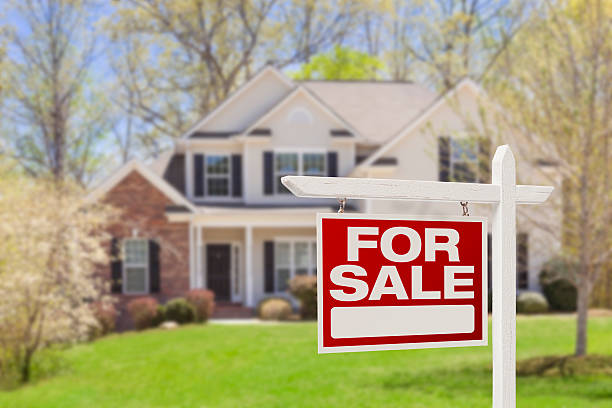
Congratulations on taking the plunge into homeownership! Owning a home is a fantastic accomplishment that comes with many great benefits. However, before you can enjoy those benefits, there’s a lot of work to be done. There’s researching to find the best home loan, planning for insurance, and then budgeting to ensure you can afford all the associated costs.
A home loan
If you’re like most people, securing a home loan is the first step in purchasing your first home. To do this, you need to get pre-approved. This means working with a lender to get an idea of how much they’re willing to lend you based on factors like your credit score, employment history, and salary. This isn’t required, but it can put you in a better position when negotiating with sellers.
Also, there are many different types of home loans available, so it’s important that you choose the one that’s right for you. Some factors you may want to consider are the length of the loan, the interest rate, and whether or not there are any prepayment penalties. You can also choose between fixed-rate and adjustable-rate mortgages. Once you’ve compared all your options, you can decide which type of mortgage is best for your needs.
Insurance
Buying household insurance may not be as exciting as picking out new furniture or paint colors for your new house, but it’s just as important. After all, it safeguards your biggest investment, and it will give you peace of mind knowing that you are covered in the event of an accident, theft, or natural disaster. With insurance, you can be free to enjoy all those other fun aspects of being a homeowner.
The first step in buying home insurance is determining how much coverage you need. A good rule of thumb is to insure your home for at least 80% of its replacement value-the cost to rebuild your home from scratch if it were completely destroyed. Keep in mind that the replacement value of your home may be different than its market value-for example, if your home is 50 years old, it likely doesn’t have the same resale value as a newly built home, but it would cost just as much (or more) to replace.
Your homeowner’s policy should also cover your personal belongings for at least 50% of the amount it would cost to replace them. So, if you have $50,000 worth of stuff in your home, you’ll want a policy that covers at least $25,000 worth of personal property. Many insurers offer additional riders or “floaters” for high-value items like jewelry, art, or collectibles that exceed your normal coverage limits-be sure to discuss this with your agent to see if it’s right for you.
After determining how much insurance you need, you’ll have to choose the right deductible. Your deductible is the amount of money you’ll have to pay before your insurance company foots the bill. For example, let’s say you have a $250 deductible on your homeowner’s policy, and there’s $1,000 worth of damage to your home after a storm. You’ll pay the first $250 to repair the damage, and your insurer will pay $750.
The lower your deductible, the higher your premium payments will be. Conversely, choosing a higher deductible can mean significant savings on your annual premium-just be sure you can afford to pay the deductible if you do ever need to make a claim.

A budget
Before you can even start shopping for your perfect starter home, you need to do one very important thing: create a budget. To do this, determine exactly how much money you have to work with. This means knowing your current income, debts, and expenses. Once you have a clear understanding of your monthly cash flow, you can start allocating funds towards your home purchase.
You should remember that in addition to your monthly mortgage payments, there are other big-ticket items you’ll need to factor into your budget when buying a home. These include closing costs (anywhere from 2-5% of the purchase price), real estate taxes, insurance, and repairs/maintenance.
It’s also important to remember the little things that can add up over time-things like light bulbs, smoke detectors, and filters. When creating your budget, set aside some money each month for these miscellaneous items, so you’re not caught off guard when they come up.
So there it is-everything you’ll need when buying your first house. Just remember to take things one step at a time and enjoy the process; after all, this is likely one of the most significant purchases you’ll ever make. Good luck on your home-buying journey!

No comments yet.